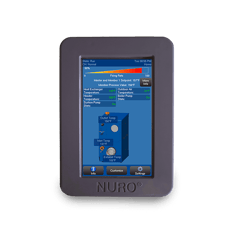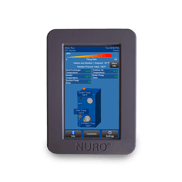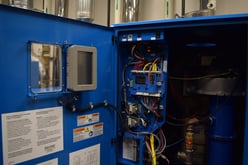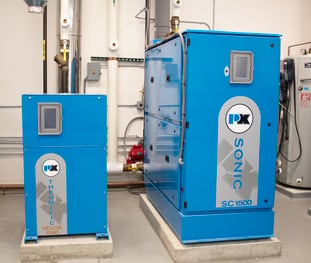
In our previous two blog posts, we have taken a deep dive into Patterson-Kelley’s NURO® touchscreen control system. More specifically, the innovative and cost saving features and that separate it from other boiler controls in the industry. In this part of the Patterson-Kelley NURO® Control System series, we take a look at the upcoming iteration of the NURO®, the NURO® 2.0, and all of the capabilities it will offer our end users.

 In our last blog, we discussed the
In our last blog, we discussed the  With today’s technological landscape evolving and adapting to increasingly rapid expansion,
With today’s technological landscape evolving and adapting to increasingly rapid expansion, 
 Eventually, all commercial heating systems need to be replaced – and whether you replace one unit, or five, it will require a significant investment in time and money. In upgrading your system with the latest technology can offer in condensing equipment, high system efficiency, building management and connectivity, the cost to retrofit your boiler room can escalate quickly.
Eventually, all commercial heating systems need to be replaced – and whether you replace one unit, or five, it will require a significant investment in time and money. In upgrading your system with the latest technology can offer in condensing equipment, high system efficiency, building management and connectivity, the cost to retrofit your boiler room can escalate quickly.

